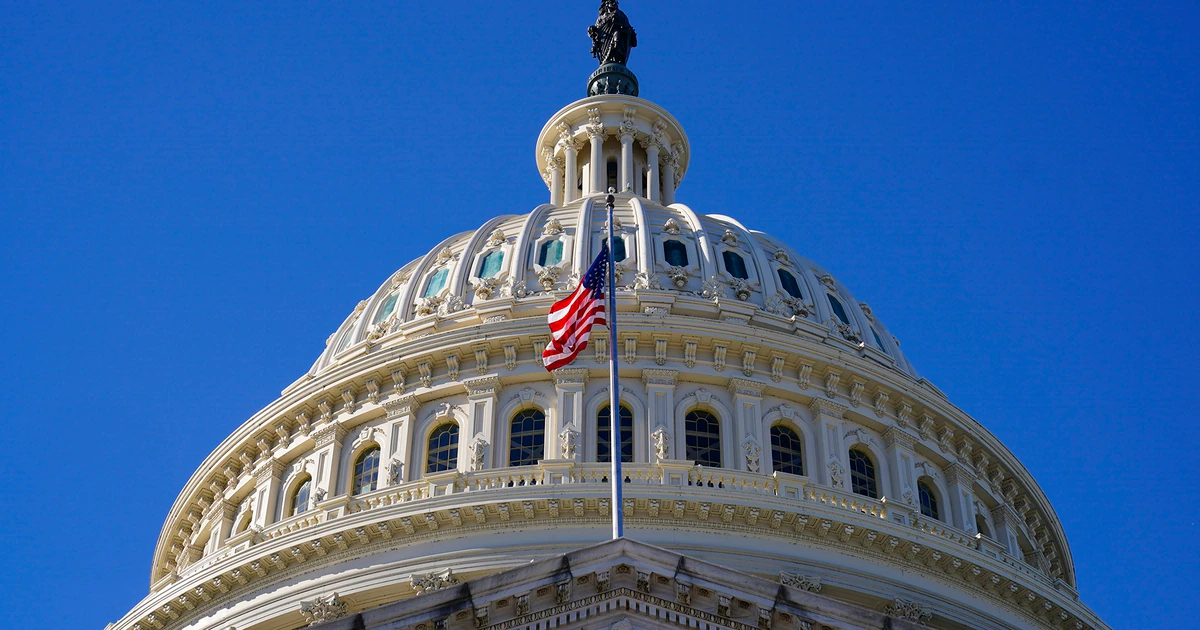
WASHINGTON — The U.S. House of Representatives easily passed legislation Tuesday that would make it easier for Afghans who worked for the American military or NATO to relocate to the U.S.
Under the bill, former interpreters, drivers and others who supported the war effort would no longer be required to get a medical examination in Afghanistan as part of the application process for the special immigrant visa. They would instead have to get one within 30 days of their arrival in the United States.
/cloudfront-us-east-1.images.arcpublishing.com/mco/GAKHGO6CMRGP7GGAD6RWZJP2KM.jpg)
Afghans have been required to get the examination at a single clinic in Kabul. Critics says that’s an unnecessary hurdle during the COVID-19 outbreak and in an already arduous process, made more urgent with the looming withdrawal of U.S. and NATO troops from the country and the danger faced by those who helped fight the Taliban.
“We cannot allow a slow bureaucracy to cost the lives of Afghans that served alongside our men and women,” said Democratic Rep. Jason Crow of Colorado, a former Army Ranger who served in Afghanistan and introduced the bill.
The legislation drew bipartisan support, passing 366-46 as part of a combination of seven bills. It now goes to the Senate.
/cloudfront-us-east-1.images.arcpublishing.com/mco/ZKIPB3ZOFVBJLIDYCRWD7PCFHY.jpg)
Separate legislation will be voted on in the House as early as this week that would increase the number of special immigrant visas by 8,000 and ease some of the other requirements for the program.
President Joe Biden said last week that the administration would evacuate thousands of people who worked for the U.S. military along with their families but did not provide details, including where they would be housed while authorities review their applications.
The U.S. created the special immigrant visa program for Afghans in 2009. There are more than 18,000 applications pending, some for as long as nearly three years.



Be the first to comment